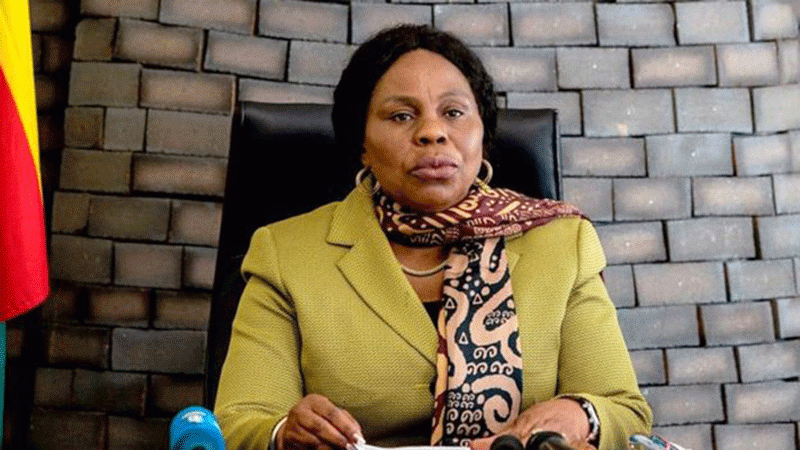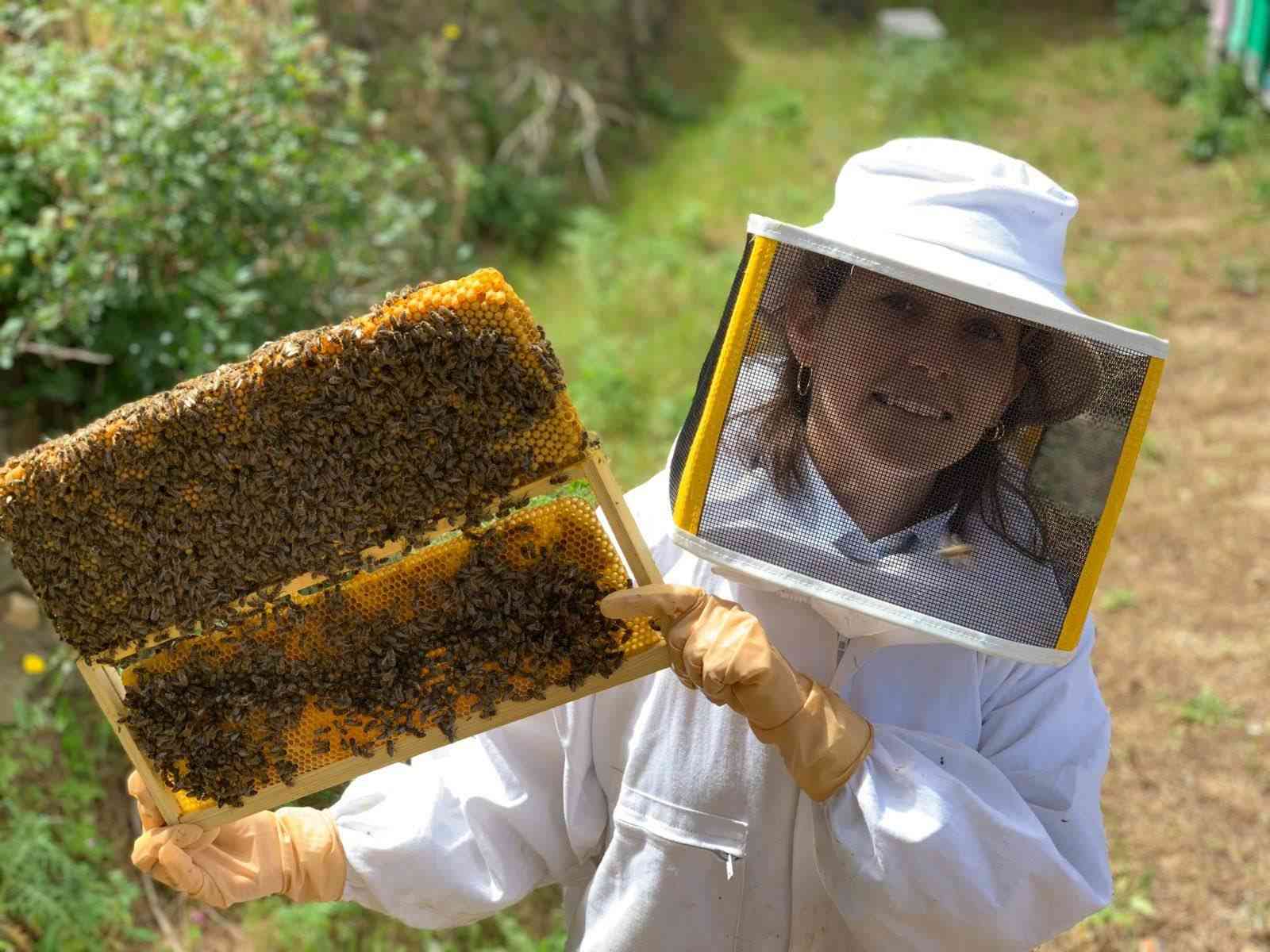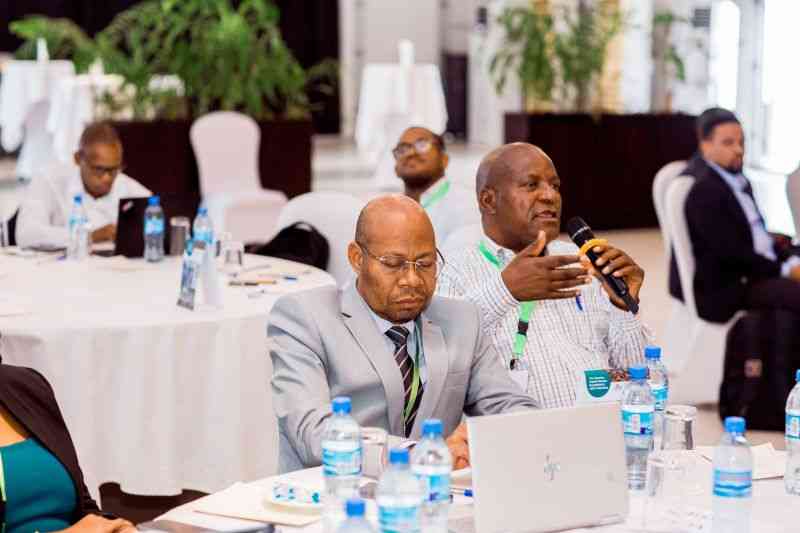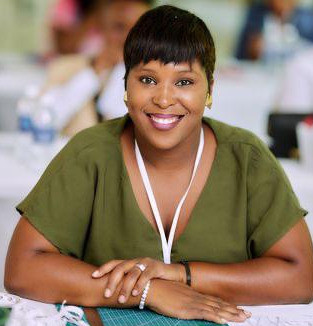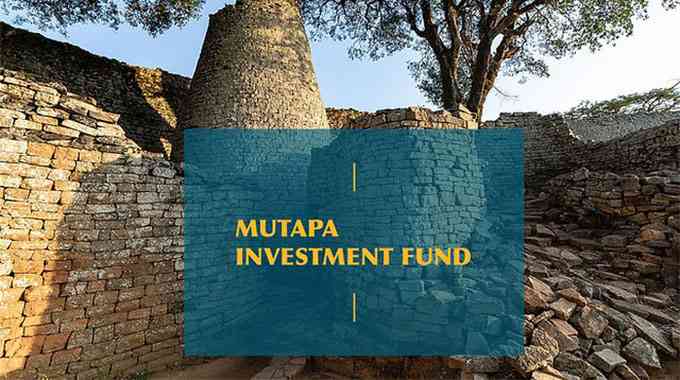
THE Mutapa Investment Fund’s (Mutapa) portfolio has reached 66 state-owned enterprises (SOEs), their subsidiaries, and state-invested enterprises (SIEs) which includes companies in a loss-making or break-even positions.
There are 30 SOEs under Mutapa, from 22 in February, which the fund wants to use to attract international investment to channel into the country’s critical capital projects.
SIE refers to firms in which the fund holds a shareholding in either significant or small ones.
Speaking during a panel discussion at last week’s CEO Africa Roundtable annual meetings held in Victoria Falls, Mutapa deputy chief investment officer Ernest Denhere broke down the portfolio.
“The Mutapa fund has a portfolio of around 66 companies including intermediary holding companies, operational and dormant entities, listed and state-owned enterprises.
We are still in the process of understanding the portfolio and identifying areas for improvement,” Denhere said.
“Some companies are profitable, while others are loss-making or breaking even.
“We have developed an investment strategy and clustered the fund into five main sectors: natural resources, energy and trading, infrastructure, industrials and financial services and real estate.”
He said the fund’s focus was on infrastructure, mining and energy sectors to revive SOEs.
“We are focusing on infrastructure, mining and energy as enablers for economic growth, aligning with the government’s Vision 2030 aspirations.
“To achieve this, we need to address governance issues, upskill and train board members, and ensure the portfolio companies are fit for purpose,” Denhere said.
“We want to give our portfolio companies autonomy to make commercial decisions, unwind legacy debt, and embrace innovation.”
According to Office of the President and Cabinet’s department of policy analysis, coordination and development planning, US$30 billion is needed to recapitalise state entities.
For years; the Auditor General's office has revealed continued malfeasance at state-owned enterprises resulting in over 100 of them now being technically solvent.
Before the rampant increase in corruption at these state entities, these government-owned enterprises contributed about 40% of the gross domestic product which now stands at 14%, with commercial firms contributing about 7,5%.
Chartered Governance & Accountancy Institute chief executive officer Lovemore Gomera told the same conference that there was a need for qualified leaders at SOEs to revive them.
“Of course, the issues of experience come in when it comes to the board’s composition but at some point, some need to see the sunset and decide to take a rest from these positions,” he said, during a panel discussion on how to transform SOEs into African champions.
“A lot of boards are manned by people with experience and knowledge, but I’m happy that the corporate governance unit is working on a legislation that addresses the issue of the tenure of the board.”
He added: “One thing that we have noticed across all boards is that we have boards that are presiding over state owned enterprises who are not qualified for the positions.
“And, these are the people that take charge to make the decisions of the companies and when they make those decisions, so many times those decisions backfire.”
Gomera said the people who were pointed at after the decisions backfire were the executives, management, and not the board.
He added that the major question when appointing boards should be whether they were qualified or not.
“If there is much need for that person to be on the board, then upscale their skills, train them, induct them so that they are oriented with the business of the day of the SOEs,” Gomera said.
He also noted that SOEs were failing to reach their best performances due to political interference, which normally overruled good decisions taken by different boards.
“Moreover, with the interactions that we have had with different boards, we found out that the appointing authorities in this case, the ministries, sort of interfere,” Gomera said.
“I would not want to call it that, but we need to improve on communication, particularly, when instruction is given, they have to take the proper channels.
“Sometimes the board would be having good intentions, but they are overruled by the ministries. We definitely need to support the board, but the interference should be less.”
He also suggested that the private sector be given the space to lead in the commercial enterprises to drive economic growth and aid in generating debt capital.
“The private sector should be allowed to lead in commercial enterprises, as they have the expertise. If we get it right, five or six SOEs can drive economic growth,” Gomera said.
“However, some promising entities have been transferred to Mutapa without a clear development plan, which is concerning.
“Many SOEs are also burdened with legacy debts, which the government needs to address.”

